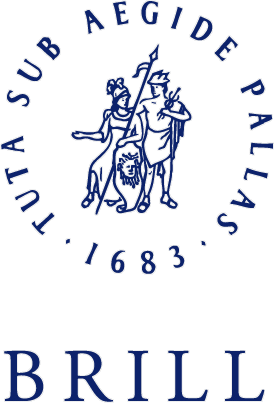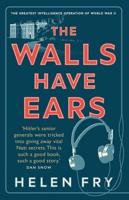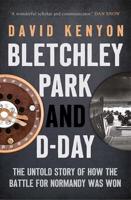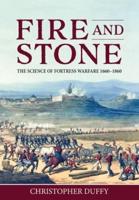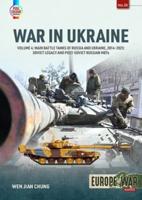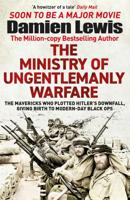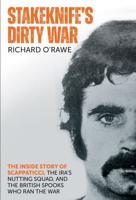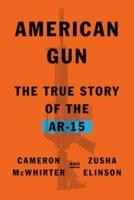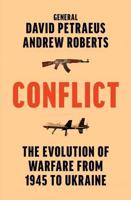Publisher's Synopsis
The art of the Netherlands (Dutch and Flemish) is unique in Early Modern Europe in its concern for military cruelty against civilians, principally the peasantry. Decimated by time and changes in taste, this popular iconography proves varied and extensive, stretching from Bruegel to and past Rubens. 'Massacres of the Innocents' continue to be a favourite subject through the Eighty Years War, in contrast to ruling-class glorifications of war.
Dutch patriotic siege prints lay claim to 'scientific' precision in landscapes free of military terror, while the idea of military conquest is presented as generous rather than cruel in the ever-popular figure of Scipio Africanus. Most of the pictorial material is unfamiliar, some of it even to specialists and never before published; new light is shed on the more familiar phenomena of the civic guard groups and Ter Borch courtier-officers, 'good soldiers' overcoming a bad image.

